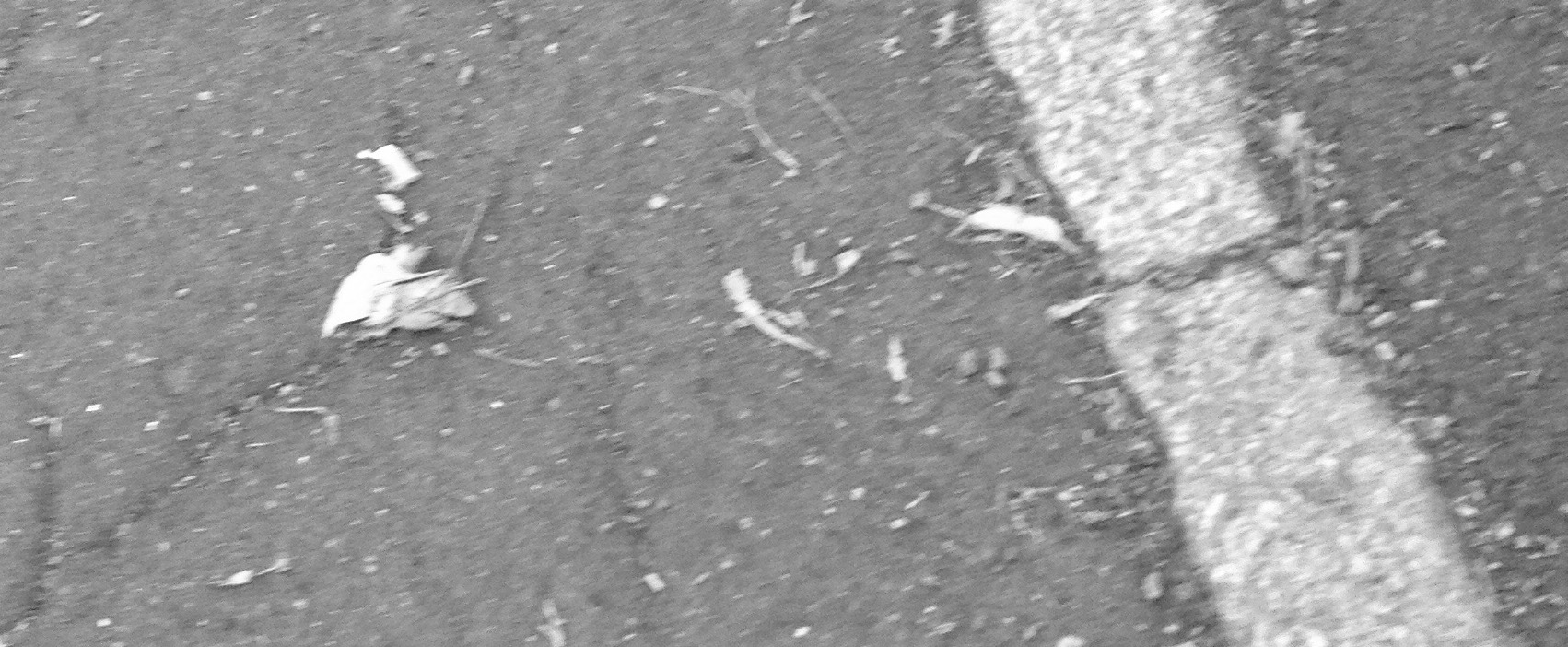In just about everything I’ve read recently it’s been stated in some way again and again that the feminine has been a subject of fascination as well as revulsion, that the Enlightenment and most of modern thinking from science to psychoanalysis has built on the premise of white male superiority and the desirability of qualities ascribed to them above all else.
Much of the imperial white man’s edifice has fallen, but the notion of the superiority of certain ways of being and ways of thinking has shown greater adaptability. Feminism might have challenged it, but did it really get to the belief systems that lie behind it. Men’s assertion of their supremacy has of course ensured they get a bigger share of power and resources, and the struggle to have a better share has in many respects been the aim of white feminism in the west – the basic idea being that white men should prove how ‘civlised’ they are by treating women better than other cultures.
Leaving aside the fact that many of those cultures, including Native Americans were far more balanced than they were given credit for, this never really got to the root of why certain qualities and ways of being are preferred over others.
Some women have been privileged enough to be allowed to participate, but the club rules have only changed slightly. What happens though if men leave the club altogether?
It seems that many men no longer aspire to membership and many are being harmed by it. But how do they disentangle themselves from it, and what role might women play that process, if any? This feels like a difficult subject to broach because women can often feel the need to escape supporting men, so the idea of an emotional journey like this can bring up feelings of resentment coming up and low expectations.
Perhaps the only way that relationships can begin is if men are prepared to give up their seat of power and are prepared to mingle with women, meet them at a different level. But why would they?
There are shifts going on in terms of society, economy, work, that mean that life among men and women is less divided as we all find ourselves eaten up by consumer culture and turbo capitalism. If we could let go of our power and protective mechanisms we might then be able to divest ourselves of the identities shaped within a system that ultimately oppresses all of us, then we might be able to forge an alternative way of being, one that appreciates difference and reflects balance and reciprocity.
